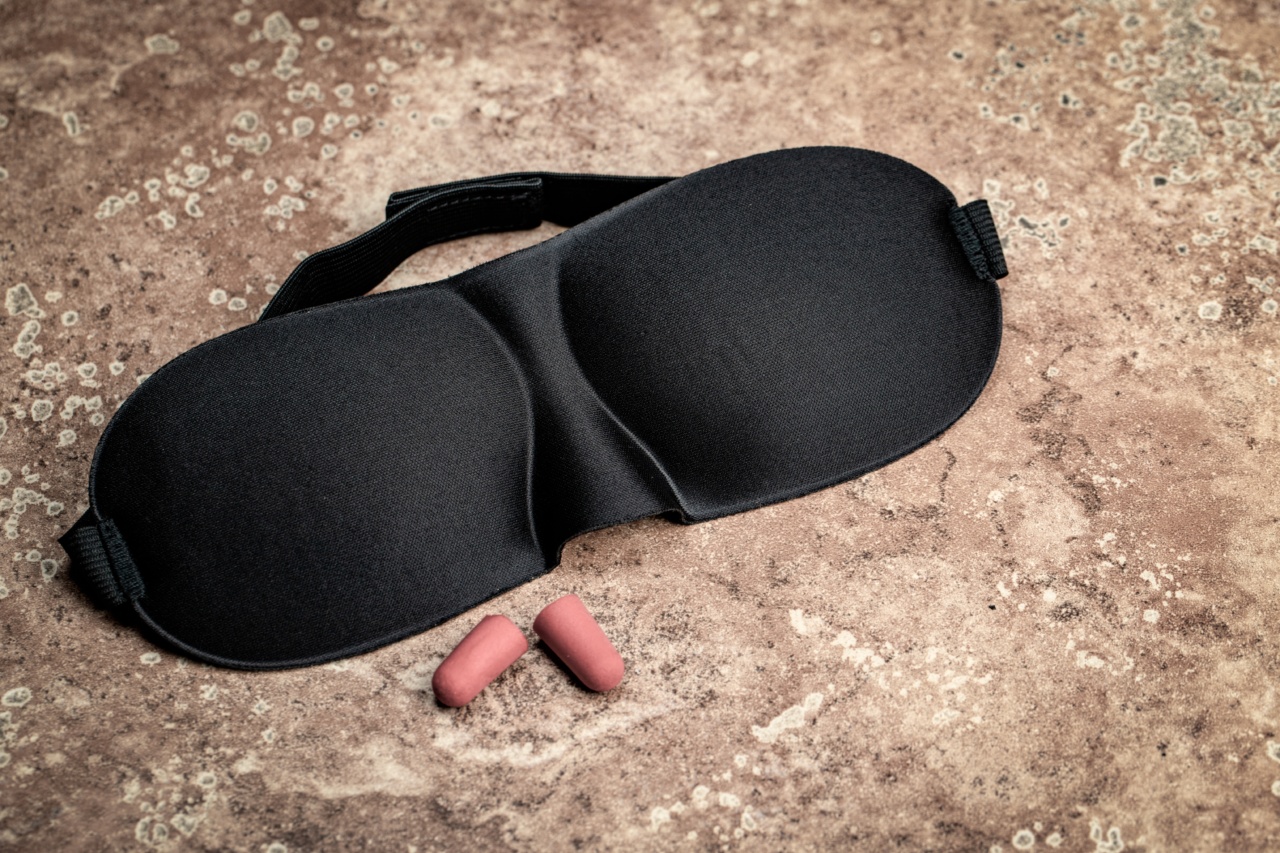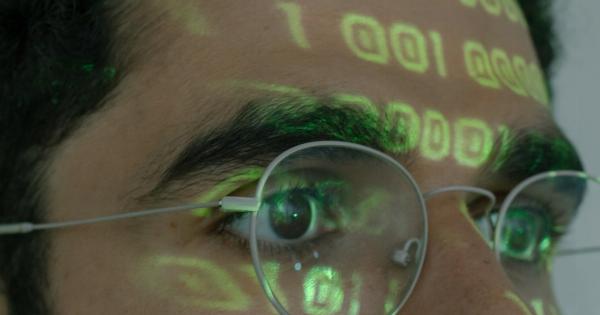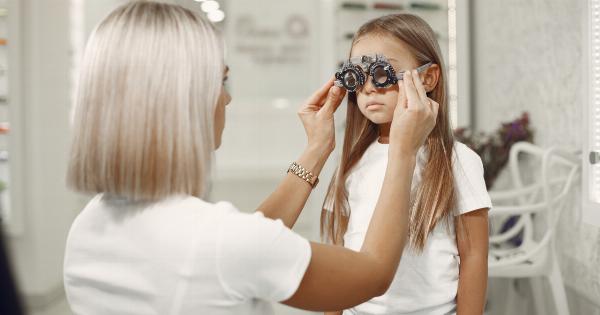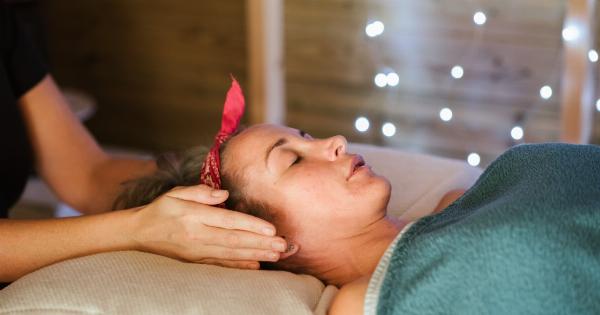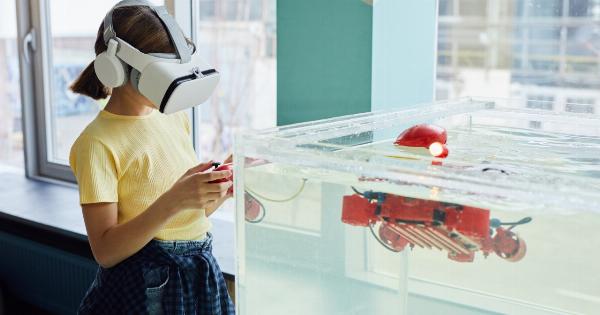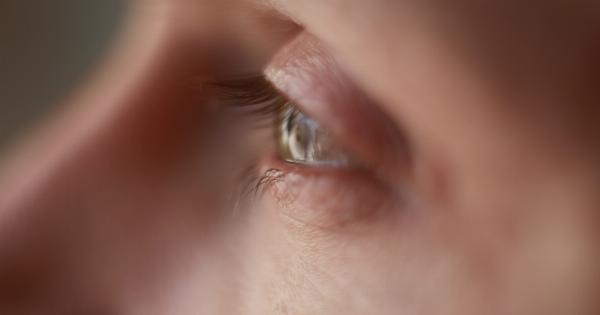In recent years, there has been a rising concern over a condition called Levoptosis. Although not many people have heard of this condition, it is a serious health issue that can lead to severe complications and even death.
In this article, we will discuss what Levoptosis is, its symptoms, causes, and possible treatments.
What is Levoptosis?
Levoptosis is a medical condition that occurs when the eyelid droops or sags lower than normal, causing visual impairment. This condition can affect one or both eyes and can be either temporary or permanent.
Levoptosis is sometimes referred to as “lazy eye” or “ptosis.” However, it is important to note that Levoptosis is not the same as amblyopia or lazy eye, which is a condition that occurs when one eye is weaker than the other.
There are two types of Levoptosis – congenital and acquired.
Congenital Levoptosis
Congenital Levoptosis is a condition that is present at birth. It is caused by a defect in the muscle that lifts the eyelid or the nerve that controls this muscle. In some cases, it may be due to an abnormality in the eyelid itself.
Congenital Levoptosis can affect one or both eyes.
Acquired Levoptosis
Acquired Levoptosis is a condition that develops later in life. It can be caused by a variety of factors, including:.
- Aging
- Eye injuries
- Muscle or nerve damage
- Neurological conditions such as myasthenia gravis or Horner’s syndrome
- Side-effects of medications such as antidepressants or muscle relaxants
Symptoms of Levoptosis
The main symptom of Levoptosis is a drooping or sagging eyelid, which affects the appearance of the eye and can cause visual impairment.
Depending on the severity of the condition, the eyelid may cover part or the entire pupil, making it difficult to see. Other symptoms may include:.
- Dry eyes
- Watery eyes
- Eye fatigue
- Headaches
- Difficulty sleeping
- Neck and shoulder pains
Diagnosis of Levoptosis
If you are experiencing any of the symptoms of Levoptosis, it is important to see an eye doctor (ophthalmologist) for an accurate diagnosis.
The doctor will perform a comprehensive eye examination, including an evaluation of your eyelids and eye muscles. They may also ask you about your medical history and any medications you are currently taking.
To determine the underlying cause of your Levoptosis, the doctor may order additional tests such as blood tests, imaging studies, or nerve conduction studies.
Treatment of Levoptosis
The treatment for Levoptosis depends on the underlying cause and severity of the condition. In some cases, no treatment may be needed if the drooping is mild and does not affect vision or cause discomfort.
If treatment is required, there are several options available:.
- Eyelid exercises to strengthen the muscles that control the eyelid
- Botox injections to temporarily improve the appearance of the eyelid
- Surgery to lift the affected eyelid
- Treatment of underlying medical conditions such as myasthenia gravis or Horner’s syndrome
The best course of treatment will depend on the individual case. Your doctor will help you determine which treatment options are most appropriate for your specific situation.
Complications of Levoptosis
If left untreated, Levoptosis can cause several complications, including:.
- Visual impairment
- Amblyopia or lazy eye (especially in children)
- Double vision
- Eye strain
- Headaches
In rare cases, Levoptosis can also lead to more serious complications such as corneal abrasions, corneal ulcers, or glaucoma.
Preventing Levoptosis
There is no guaranteed way to prevent Levoptosis, especially if it is congenital or due to aging. However, there are some steps you can take to reduce your risk of developing this condition:.
- Protect your eyes from injury by wearing protective eyewear during sports and other activities that could cause eye trauma
- Avoid rubbing your eyes excessively, as this can damage the eyelids and lead to Levoptosis
- Manage underlying medical conditions that could increase your risk of developing Levoptosis
- Avoid using medications that could cause Levoptosis (if possible)
Conclusion
Levoptosis is a serious condition that can lead to visual impairment and other complications if not treated promptly. If you think you may have Levoptosis or are experiencing any of the symptoms, it is important to see an eye doctor right away.
With the right treatment, many cases of Levoptosis can be effectively managed or cured.
